Since the beginning of time, humans have used rope to build and invent new things. It is a straightforward technology that has enabled us to advance. It pushes, pulls, and hoists. As a result, heavy-duty rope plays a significant role in modern pursuits, including architecture, landscaping, enjoyment, leisure, and even exercise. Read More…
Since our beginning in 1967, we have had experience designing, manufacturing and distributing the highest quality braided ropes and cords. Braided ropes and cordage are produced in all common fibers.

At Yale Cordage, we take pride in engineering and manufacturing advanced rope solutions that push the limits of performance, safety, and innovation. Our focus has always been on creating synthetic ropes that outperform traditional fiber and wire rope, offering exceptional strength, flexibility, and longevity across a wide range of demanding applications.
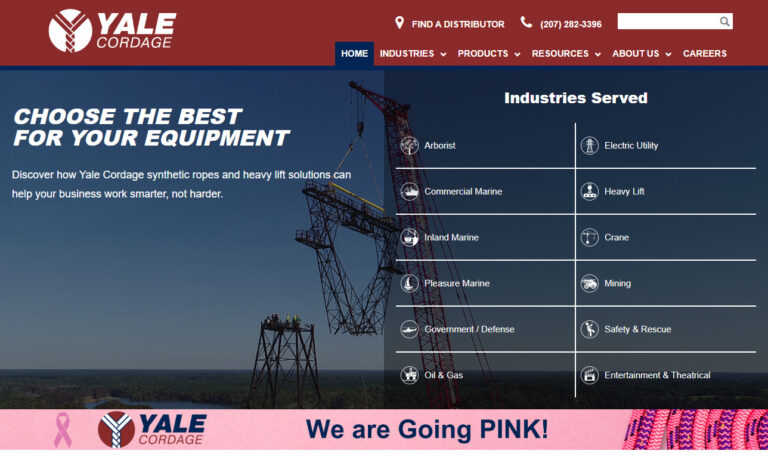
Samson Rope Technologies can supply you with braided rope, nylon rope, sash cord, and rope & cordage for general use. Not only do we provide specific solutions to our customers, but we also follow up with instructions for the use and care of our products.

At Erin Rope Corporation, we take pride in our long-standing expertise in designing and manufacturing high-performance rope solutions that meet the demands of industries across the globe. We specialize in the engineering and production of ropes built to perform under pressure, offering durable, reliable, and precise products that serve a wide range of applications from construction and marine to...

At Cancord Ropes, we take pride in designing and manufacturing high-performance ropes that meet the demanding requirements of modern industries. Our expertise lies in crafting synthetic and blended fiber ropes that deliver exceptional strength, durability, and flexibility for a wide range of applications.
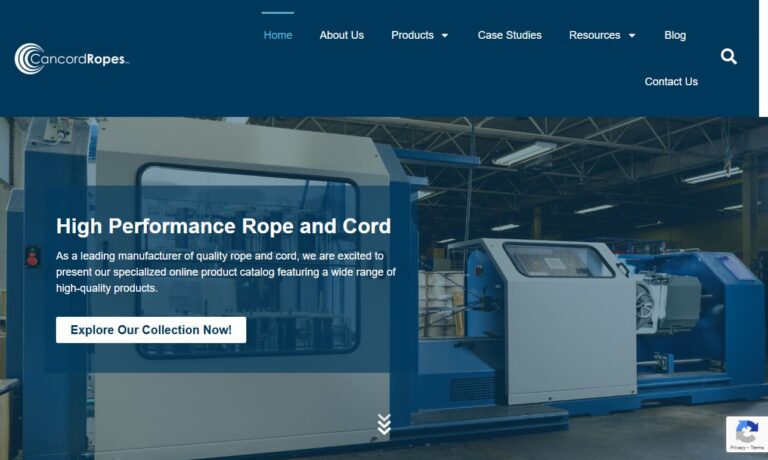
More Heavy Duty Rope Suppliers
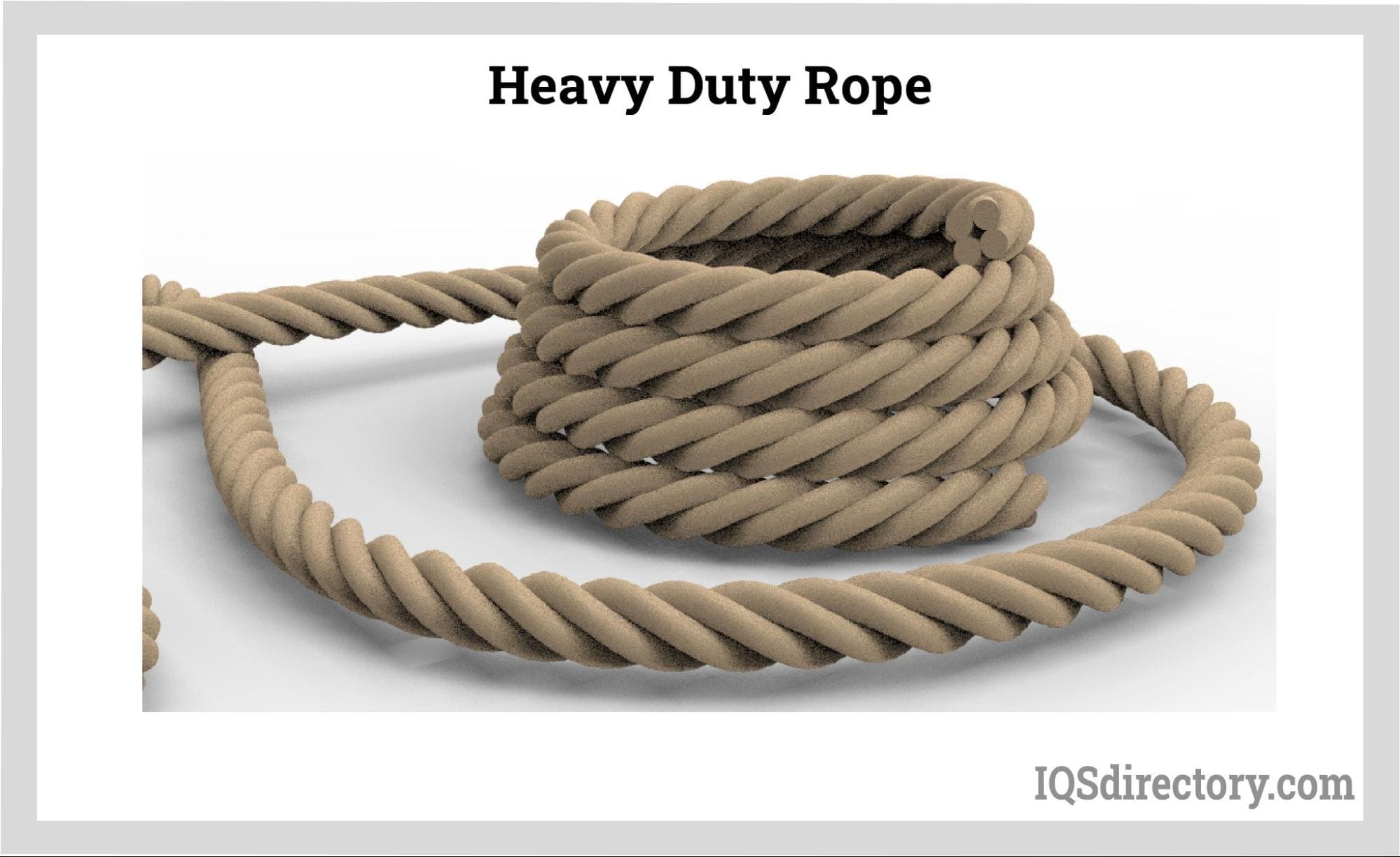
Applications for Heavy-Duty Ropes
A heavy-duty rope is widely used in the modern physical world and can handle any situation or use. The ideal applications for manila rope scape use, swimming pool rope, construction barrier rope, and utility rope for power.
It works well as an undulation or combat rope for exercises and a huge-duty winch rope. Polyester makes an excellent outdoor rope when too much flexibility would make a project or activity hazardous. Tug rope, antenna guidelines, barge tow rope, rigging rope, tree rope, and safety rope are a few examples of these uses.

Popular Materials of Heavy-Duty Ropes
Various natural and synthetic materials are used to make heavy-duty rope. Synthetic ropes are typically stronger and more durable than ropes composed of natural fibers. As a result, synthetic ropes make up the majority of heavy-duty ropes.
Additionally, they do not absorb a lot of water. Ropes made of natural fibers are less durable than synthetic ropes. They typically have a 30% longer lifespan than natural fiber rope. These ropes are not harmed by wet weather. They are appropriate for an open setting because they resist UV radiation, mold, and mildew damage. Synthetic ropes will melt in the presence of heat, lowering their effectiveness. In addition, they are not environmentally friendly due to the harmful byproducts emitted into the atmosphere during manufacturing. For lifting or towing, they are effective and simple to use.
Polypropylene is one such artificial substance used to make rope. Although polypropylene rope is thin, it is tough and robust. It may be the least expensive kind of heavy-duty synthetic rope as well. It floats, doesn't conduct electricity, and doesn't absorb water. Since it doesn't absorb water, polypropylene rope is resistant to rot, mildew, petroleum products, marine organisms, acids, and alkalis. Polyester is another material that creates good high-duty rope. Polyester is resistant to heat, rot, mildew, mold, UV radiation, abrasion, and organic solvents. Additionally, polyester has little flexibility and does not absorb water.
Natural fiber heavy-duty ropes are produced using environmentally safe natural materials, and creating them produces no waste harmful to the environment. Cotton, hemp, sisal, and other naturally occurring fibers are examples of natural fibers. A stronger and more resilient rope will be produced if the producer decides to mix natural and synthetic fibers. Although natural fiber ropes are extremely durable when used, they are readily harmed by moisture, mold, mildew, or ultraviolet light. High heat exposure does not affect natural ropes; they can only burn if actual flames are present.
Manila is a cheap alternative for a task that will only see a little wetness. The strongest natural fiber rope is created from the fibers of the Filipino abaca plant, and it has great abrasion resistance and low stretch. Manila is resistant to rot and chemical degradation but is susceptible to UV radiation damage and melting.
Categorization of Heavy-Duty Ropes
Heavy-duty ropes can be constructed in numerous ways, depending on the twists or braids utilized. These are categorized and given names based on the way they are constructed. Each rope style is discussed in the paragraphs that follow:
Plaited Ropes
These ropes, often called a square braids, feel thicker to the touch than other twisted ropes. In total, there are four different sets of strands. These strands are twisted and wound around one another to form a braid-like structure. As a result, these ropes are very strong, flexible, and simple to tie. The problem with these ropes is that because they are all looped around the center, every strand is exposed to the outside environment; therefore, they are vulnerable to harm.
Lay Ropes
Twisted ropes, often known as lay ropes, are the best type to use while splicing. These ropes are made by coiling or twisting the strands in the same direction. These coils have three strands that are oriented in opposition to one another to create a braid-like structure that offers a tighter grip. These ropes are less flexible and more likely to kink, however, if handled incorrectly. These ropes are used for towing and dock lines.
Double-Braided Ropes
Double-braided ropes are the ideal choice if strength and resistance are needed. These heavy-duty ropes are made by wrapping double-braided strands around a double-braided core. Double-braided ropes are perfect for marine situations but not industrial ones due to their abrasion resistance. Double-braided ropes are incredibly strong and won't kink easily. The twin braided core and strands provide extra stability and flexibility. They also have extraordinary strength thanks to the double braiding surrounding the double-braided core.

Diamond-Braided Ropes
To create a robust, rigid structure, diamond braid ropes are formed meticulously, tightly, and securely by braiding the fiber strands around the inner core. Due to their clean and tightly woven construction, which gives them a nice appearance and a sturdy structure, diamond-braided ropes possess high strength but cost more than other types of ropes.
Choosing the Correct Heavy-Duty Rope Manufacturer
To make sure you have the most beneficial outcome when purchasing heavy-duty ropes from a heavy-duty rope manufacturer, it is important to compare at least 5 companies using our list of heavy-duty rope manufacturers. Each heavy-duty rope manufacturer has a business profile page that highlights their areas of experience and capabilities and a contact form to directly communicate with the manufacturer for more information or request a quote. Review each heavy-duty rope business website using our patented website previewer to get an idea of what each business specializes in, and then use our simple RFQ form to contact multiple heavy-duty rope businesses with the same form.





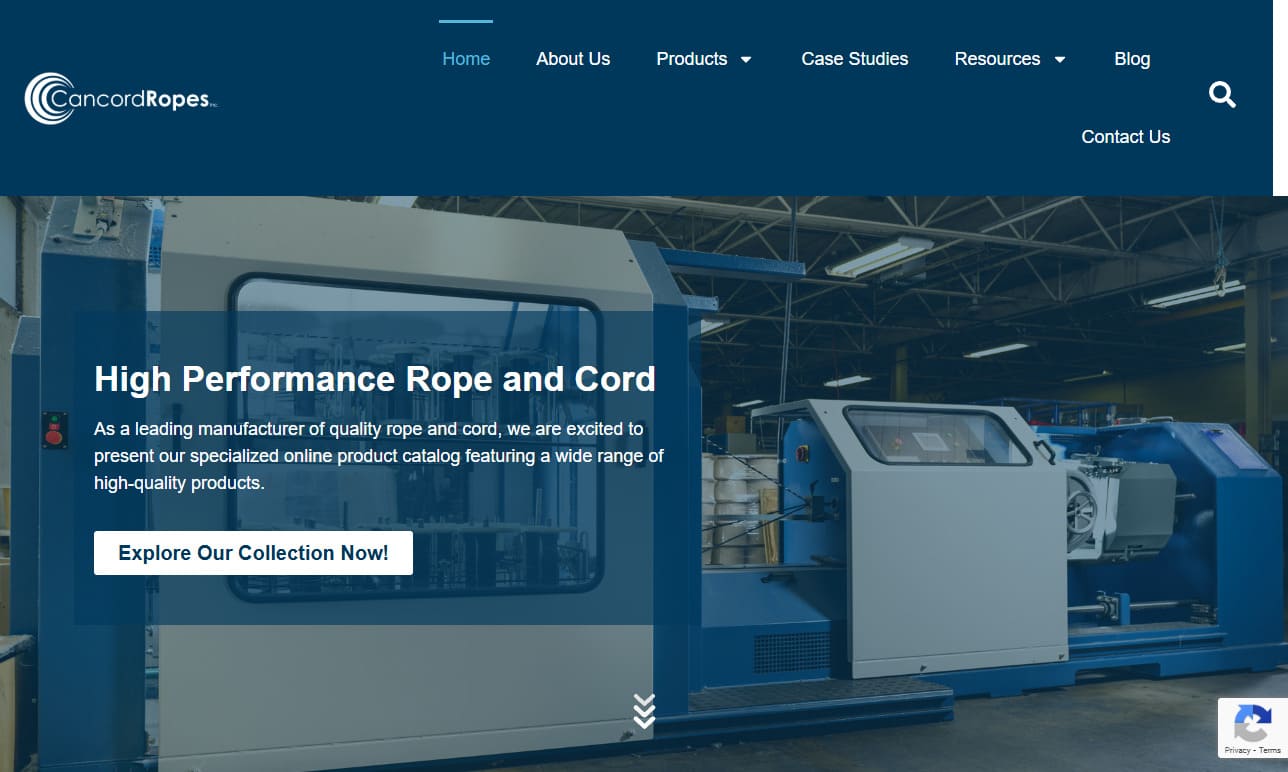
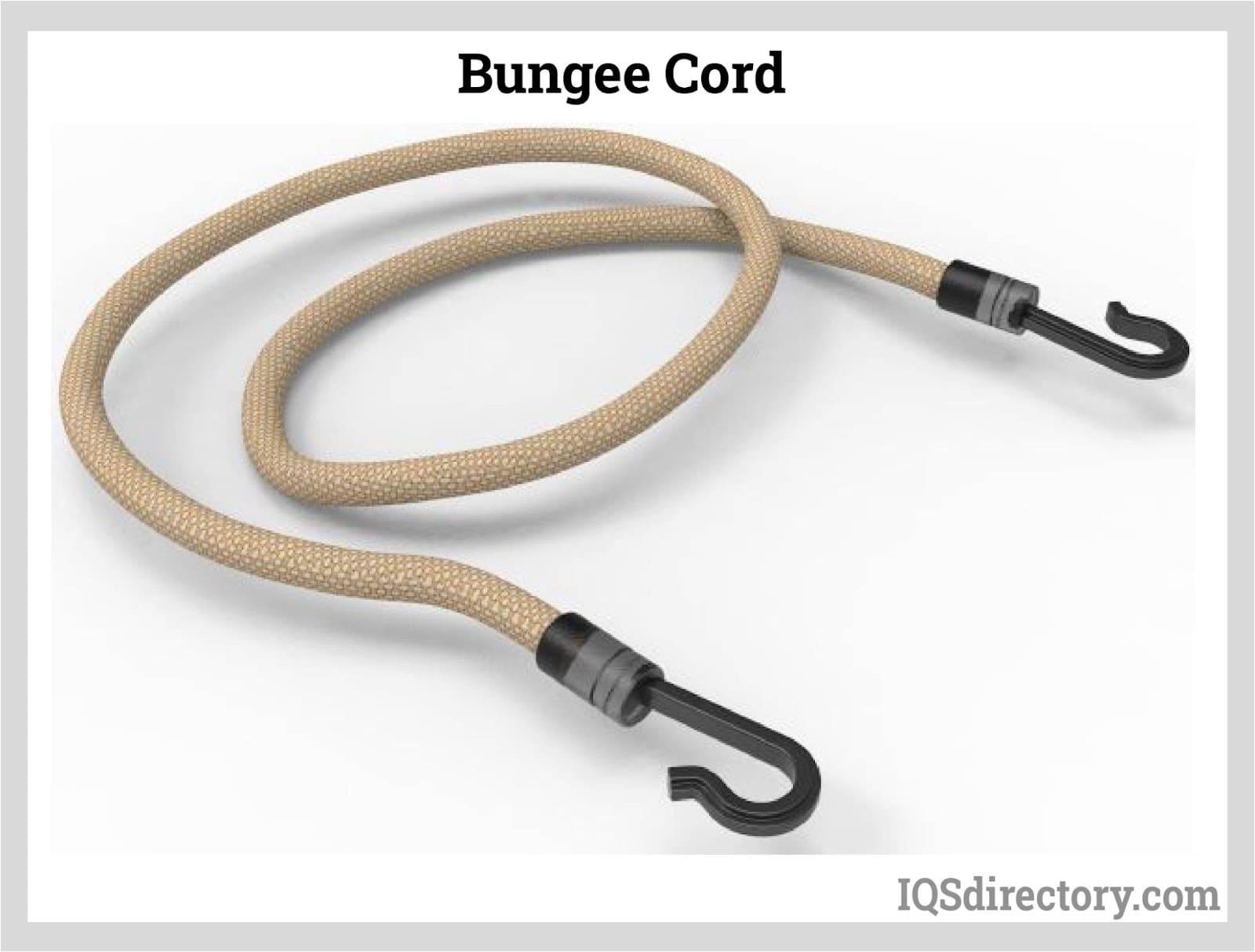
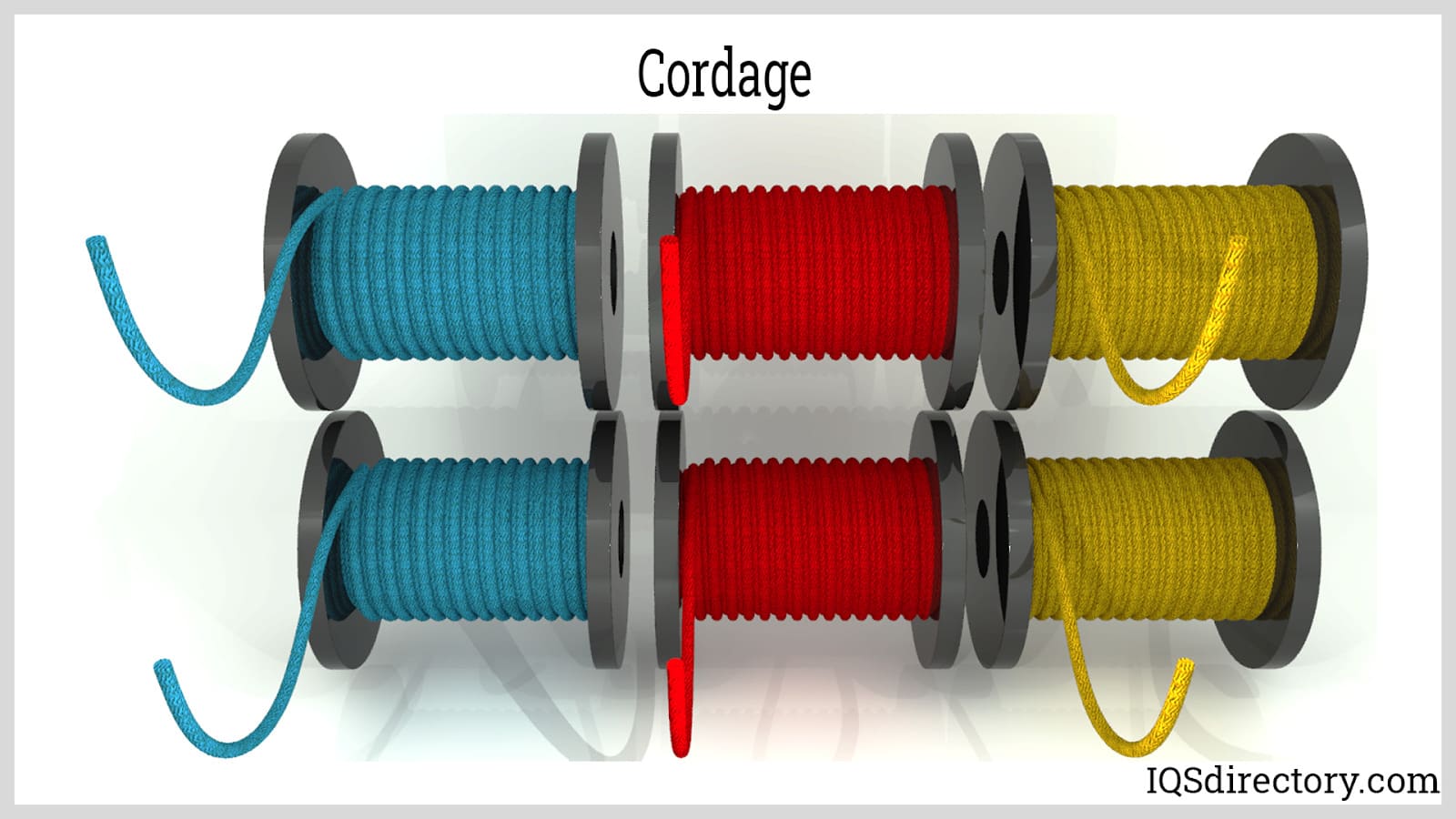
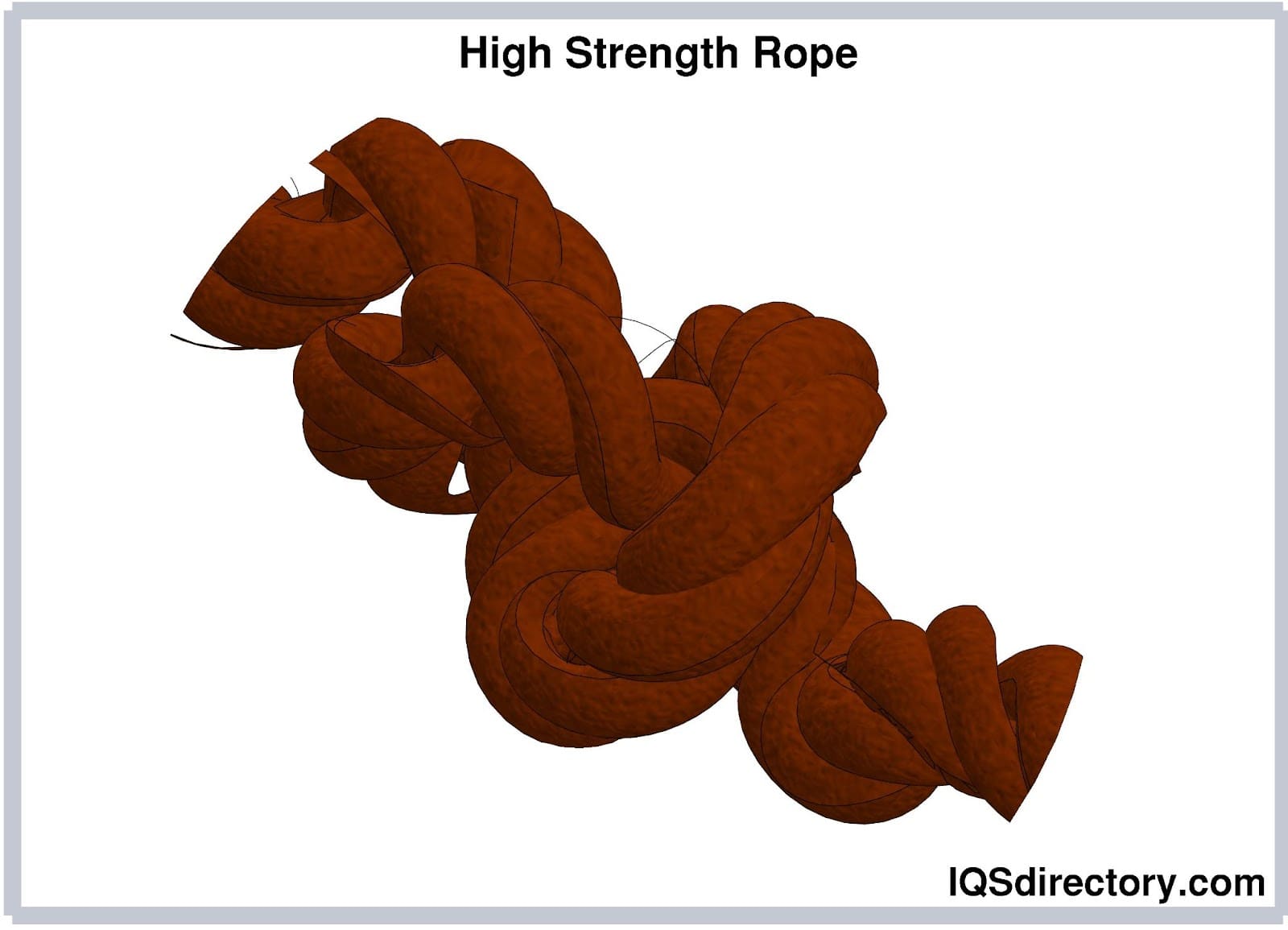
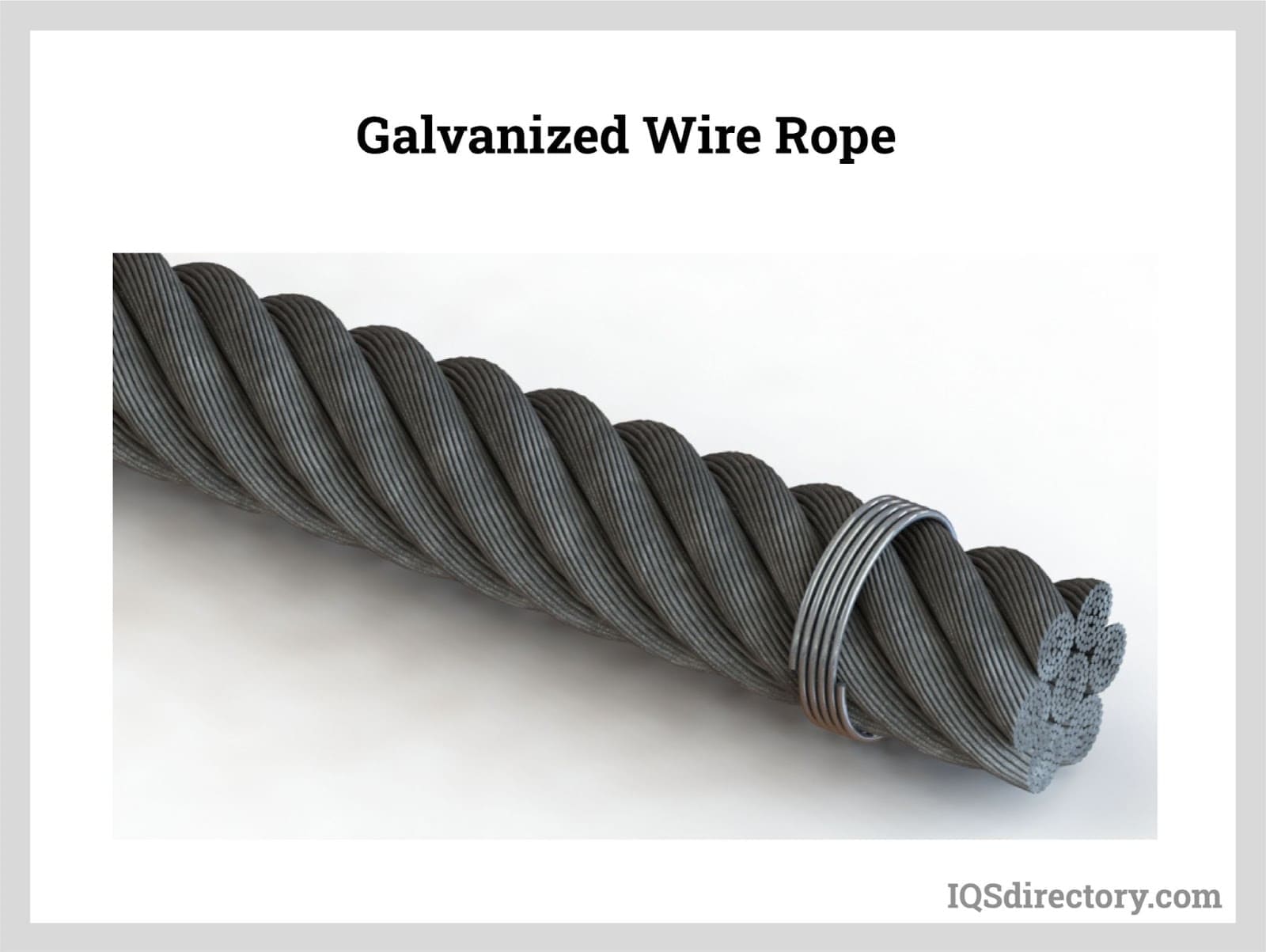
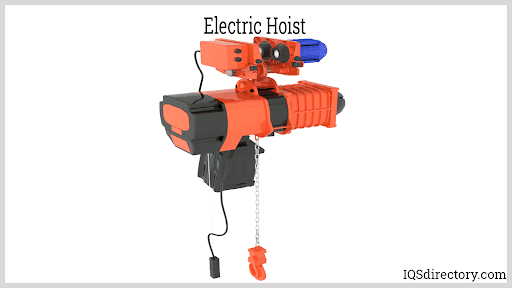
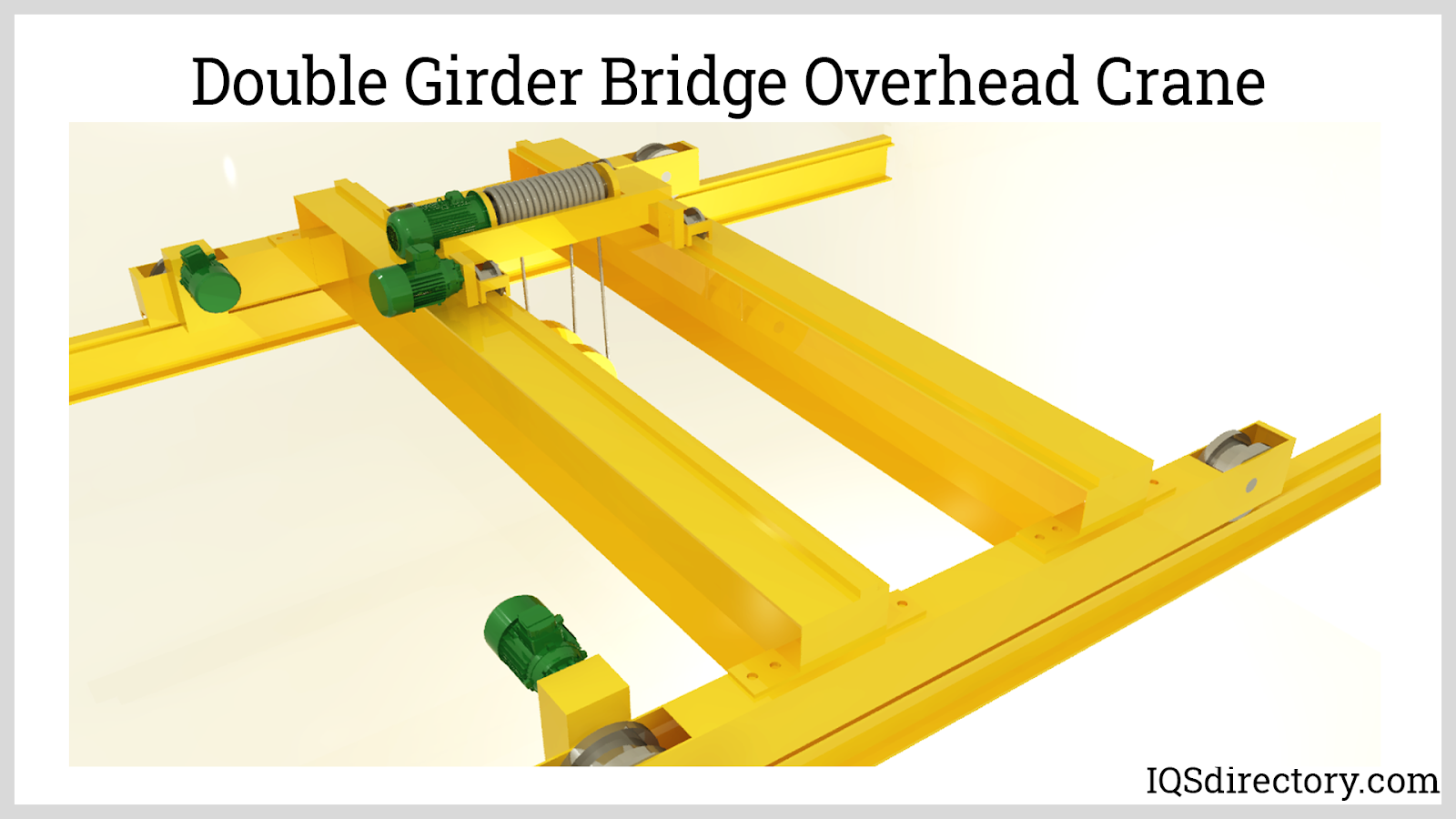
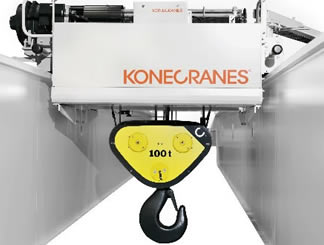 Cranes
Cranes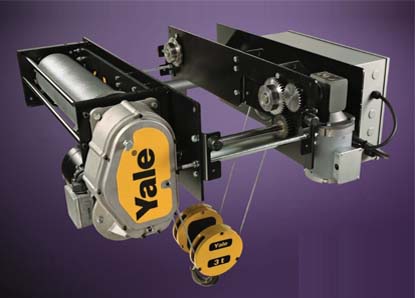 Electric Hoists
Electric Hoists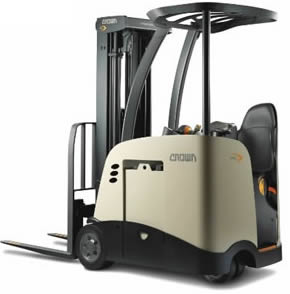 Forklifts
Forklifts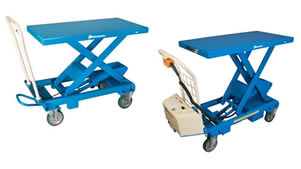 Hydraulic Lifts
Hydraulic Lifts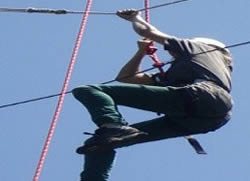 Rope
Rope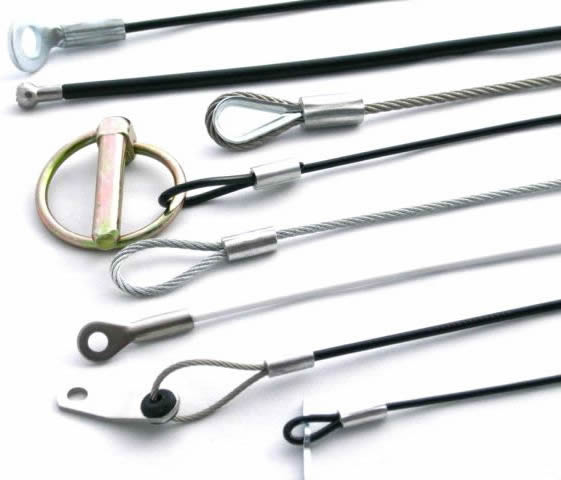 Wire Rope
Wire Rope Castings & Forgings
Castings & Forgings Bulk Material Handling
Bulk Material Handling Electrical & Electronic Components
Electrical & Electronic Components Flow Instrumentation
Flow Instrumentation Hardware
Hardware Material Handling Equipment
Material Handling Equipment Metal Cutting Services
Metal Cutting Services Metal Forming Services
Metal Forming Services Metal Suppliers
Metal Suppliers Motion Control Products
Motion Control Products Plant & Facility Equipment
Plant & Facility Equipment Plant & Facility Supplies
Plant & Facility Supplies Plastic Molding Processes
Plastic Molding Processes Pumps & Valves
Pumps & Valves Recycling Equipment
Recycling Equipment Rubber Products & Services
Rubber Products & Services